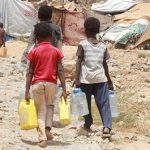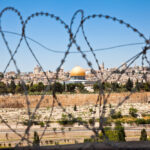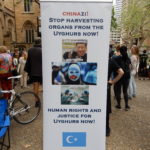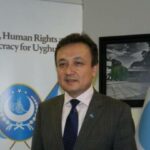Classifying the Houthi Movement as a Terrorist Organisation Is a Disaster for Yemen
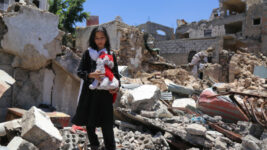
Although often ignored internationally, the worst humanitarian crisis unfolding on the globe right now is happening in Yemen.
The ongoing war in the Middle Eastern country has left 3.65 million people internally displaced and 24 million – or 80 percent of the population – reliant on aid.
The civil war in Yemen erupted in late 2014, as the Houthi movement took control of the capital, Sana’a. And as the Houthis moved to take the entire country in March 2015, a Saudi-led coalition of Arab states commenced an air campaign, in support of the Yemeni government.
The Saudi response was over fears that Iran was supporting the Houthis. And the Saudis were backed by the US, the UK and France.
The Trump administration decided to escalate the misery of the Yemini people on its way out of office by designating the Houthis a terrorist organisation. Then US secretary of state Mike Pompeo announced the decision on 10 January, and in doing so addressed the humanitarian cost of this.
The issue being that Houthi-controlled areas are where 70 percent of the population lives. They also control the port of Hudaydah, where 80 percent of imported goods enter the country. And aid agencies will now be criminalised if they continue their associations with a terrorist organisation.
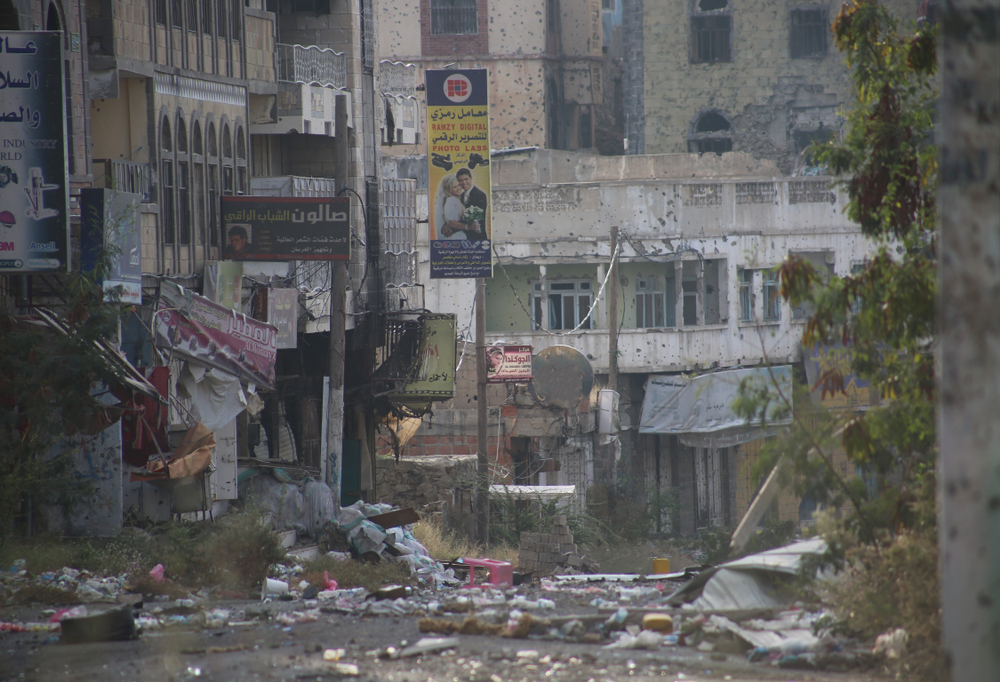
The politics of starvation
Back when the Houthis had just taken the capital of the country, which is situated on the southern end of the Arabian Peninsula, Washington did its best to forge alliances with the movement – also known as Ansar Allah – so it could continue to target al Qaeda forces in the region.
Yet with designating the Houthis terrorists, America is increasing the likelihood that the war-torn region will plunge into famine. Indeed, the United Nations has warned that a resulting famine could be at a scale not seen since the food scarcity crisis that devastated Ethiopia in the 1980s.
As it stands, there are 50,000 people in Yemen already starving to death, with 16 million set to go hungry in 2021. And with the vast majority of the nation’s population relying on food aid, the hampering of supply channels could be the tipping point.
UN Special Envoy for Yemen Martin Griffiths said on 14 January that he’s concerned the designation will have “a chilling effect” on his efforts to bring competing parties together for peace negotiations. And he underscored that the humanitarian aspect is the decision’s more dire consequence.
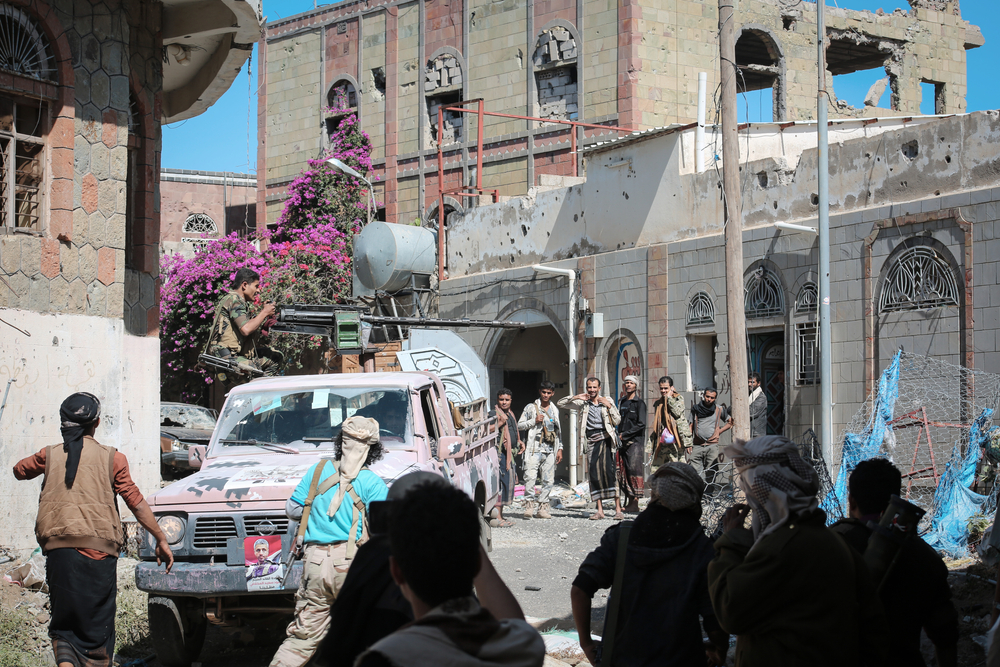
A war upon civilians
The Armed Conflict Location and Event Data Project estimated in October 2019 that since 2015 there had been 100,000 deaths due to the Yemen war, which included 12,000 civilians as a direct result of attacks. The ACLED attributed 8,000 of the civilian deaths to the Saudi-led coalition.
The precursor to civil war was a 2011 Arab Spring uprising in Yemen that saw the 33-year-long autocratic rule of Ali Abdullah Saleh come to an end as his deputy Abdrabbuh Mansour Hadi took over the role of president.
Today, Hadi remains the president of the internationally recognised Yemeni government.
The president’s early days of rule were marked by instability. During this time, the Houthis took control of the northern province of Saada. And it was in March 2015, as the Houthis attempted to broaden their territorial control, that Hadi fled the country.
The Saudi-led coalition of Arab nations then stepped in, broadening the conflict into an international war. The coalition’s intervention in Yemen has long been marked by the targeting of the nation’s food supplies, including farms, food storage facilities, marketplaces and the fishing industry.
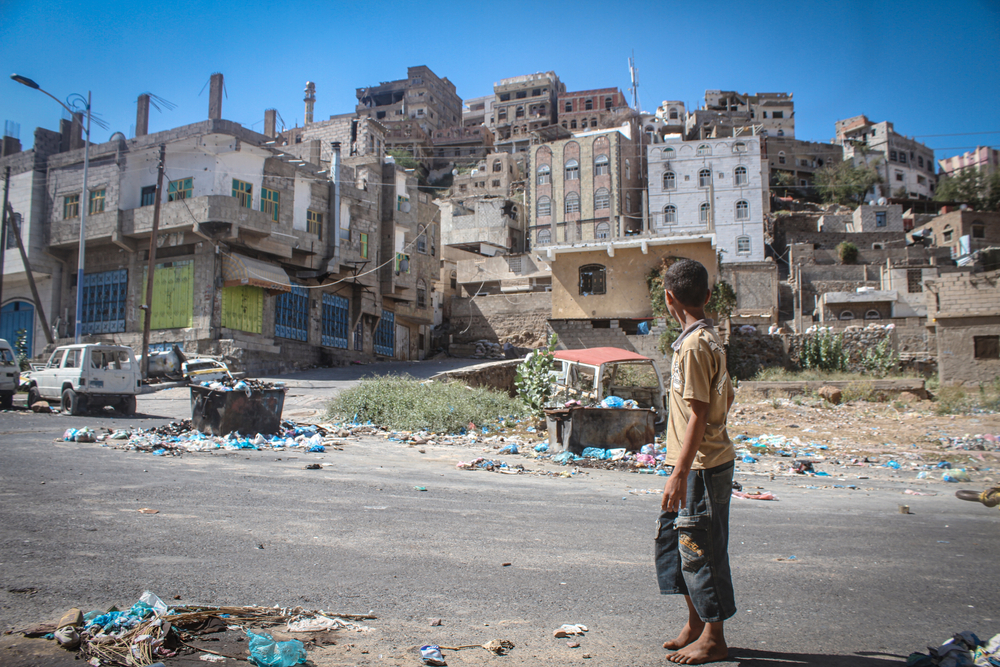
What will suit Biden?
Yemen’s southern city of Aden has been controlled by the separatist Southern Transitional Government (STC) since 2017. On 30 December, its airport was attacked as a plane arrived carrying the newly-formed Yemini cabinet, which is supposed to unify the official government and the STC.
The Trump administration’s Houthi terrorist announcement came a week later and took effect on 19 January: the day before Joe Biden’s inauguration as president. It’s widely seen as a means to stifle the new government’s ability to deal with the situation in the Middle East.
Incoming US secretary of state Antony Blinken said last Tuesday that the Biden administration will be reviewing the decision to recognise the Houthis as a terrorist organisation as soon as it takes office.
And while the newly-inaugurated president has returned the US to the Paris Agreement and halted its withdrawal from the World Health Organisation, he’s yet to make a determination on the Houthis.


